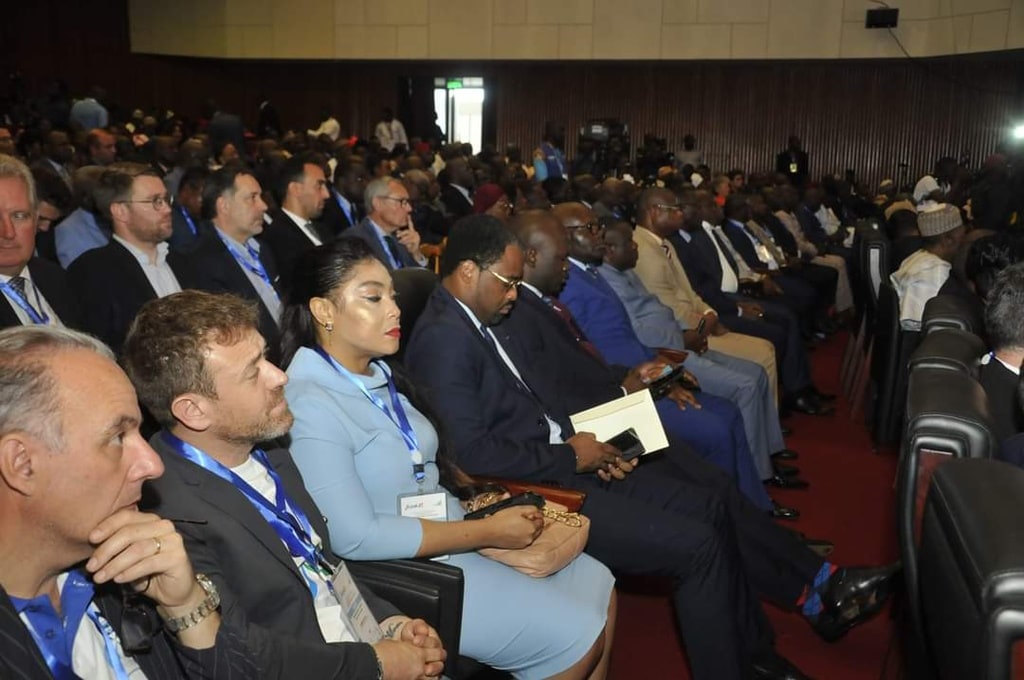The curtain came down on the second edition of the International Economic day of Municipalities in Cameroon (JEICOM), held at the Congress Hall in Yaoundé, Cameroon. From 1 to 3 June 2023, four plenary sessions, six panels, forty-three thematic discussions and five hundred B-to-B meetings took place, attended by 5,000 people including local councillors (from the municipalities of Saint-Étienne in France and Tangiers in Morocco, etc.), political leaders (including the Belgian Minister of State), associations (Climate Chance, the International Association of Francophone Mayors) and hundreds of entrepreneurs from some twenty countries including Thailand, the United Arab Emirates (UAE), Canada, Tunisia and France.
These include the Mouvement des Entreprises de France (MEDEF). “We can provide expertise in transport, waste treatment and the redevelopment of city centres, with the support of donors such as France and the European Union (EU),” says Éric Thouvenel, Director of International Development for the industrial company Razel, and head of the French employers’ delegation. A total of 400 projects were targeted by investors, notably in the fields of digital technology, agro-ecology, sanitation, health and renewable energies.
The resolutions of this event, which focused on regional food security, included speeding up the green transition in agri-food value chains, pooling decentralised cooperation strategies and the sustainable management of ecosystems. To achieve this, the association of United Councils and Cities of Cameroon(UCCC), which has been organising the JEICOM since 2021, has signed three agreements with commercial banks, notably Afriland First Bank and Société commerciale de banque (SCB), to finance green projects, and with the Floresta platform to reforest several communes using forest carbon.
Read also-AFRICA: the city of today: the test of the demographic explosion and the climate
In addition to the digitisation of councils and support for the maturing of their projects, the 360 mayors, represented by Augustin Tamba, the national president of the UCCC, asked Joseph Dion Ngute, the Prime Minister of Cameroon, to “hold a consultation to find a definitive solution to the situation of the 15% fraction of State budget revenue earmarked for the General Endowment for Decentralisation”. While waiting for the JEICOM25 to be held in two years’ time, the council of Lobo in the Centre region will benefit from solar panels to boost the electrification of its 10,000 inhabitants and agricultural practices.
Benoit-Ivan Wansi
